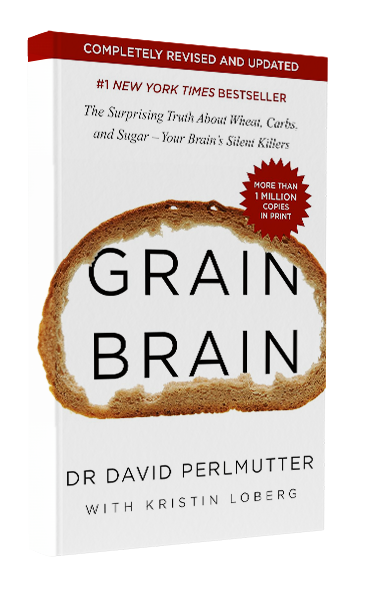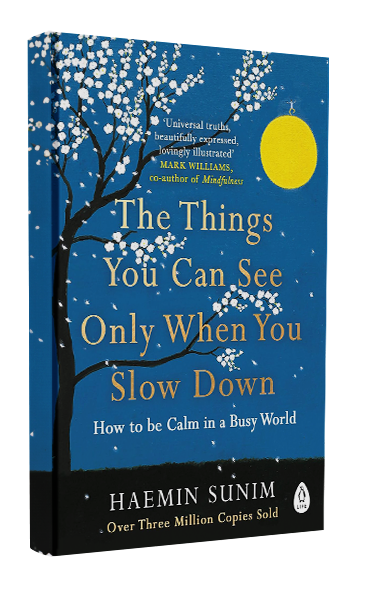Cadmean Victory, Winning vs Achieving Your Goals
ByGV Ravishankar
PublishedMay 8, 2024
Winning and getting what we truly want are not synonymous.
My red-eye from Dubai to Bangalore landed at 2:30 am. By 3:45 am, I had reached my hotel. Folks who know me know how important sleep is to me, and I was desperate to get a few hours of it before I headed to work, but things weren’t going to turn out as planned.
First, the hotel took several minutes to find my reservation, and then it took even more time to get me a room. With time ticking closer to daybreak, the staff, on their own accord, kindly upgraded my reservation to a suite on the 16th floor. I took the elevator up to the floor, but couldn’t find the room allotted to me, 1603. And so, I called the reception to ask for help. The person who came up to assist me looked at my key card and said, “Sir, there must have been a mistake; there is no 1603. Let me find out more.”
A few minutes later, he clarified that the staff had mistakenly written 1603 instead of 1003, and took me to the right room. When we got there, he offered to explain the room’s features, but I said all I wanted was the bed so I could get some sleep. After a delayed check in to this mixup with a non-existent room, all I wanted was a few hours of sleep to power through the next day.
As it turned out, the string of events keeping me from getting the three-hour sleep I was hoping for was still in play. The bedside lights wouldn’t turn off, and I called the reception again but got no help from them, despite a promise to get back to me. Tired and furious, I unplugged the bedside lamps to shut them down.
After all this, I was finally in bed a full 30 minutes later than I should have been. My body needed sleep, but my mind was still raging. What kind of premium hotel would not be able to quickly check in a regular customer at 3:45 am? What kind of hotel would send me to the wrong floor and the wrong room? How sloppy was the person on the phone who didn’t show any urgency in fixing my situation? My thoughts were in a loop about the poor service and incompetence, and I was thinking about how I needed to teach them a lesson by never coming back to the hotel.
After several minutes of this, I snapped out of my anger and asked myself, “What do you really want at this point? Wasn’t sleep the main thing?” That lady on the phone had probably moved on long ago to chat with her colleagues or to deal with the next customer, but by expending my energy thinking about their incompetence, I was responsible for myself losing more sleep. That clarity brought a sense of calm, and I was asleep a couple of minutes later.
Should I have ensured the hotel did what was expected of it? I’d have lost more sleep in the process, and that’d have been a Cadmean victory—a win that damages the victor as much as the vanquished, and one that’s best avoided if it had stopped me from getting what I really wanted, sleep.
The desire to win or to prove we are right sometimes drives us away from the very goal we set out to achieve. This got me thinking about how several of us focus on winning and wanting to be proven right instead of focusing on how to get what we really want—these two are often different things. We get to a situation where we have a Cadmean victory since, in the process, we lose what we really, truly cared about. I notice this repeatedly, not just in business but also in the personal lives of people I know.
Let’s use the example of a portfolio company to illustrate this. This company wasn’t in a good financial position, and their existing business wasn’t panning out. An existing investor was willing to step into the situation, and this required them to look beyond the company’s previous underperformance and back a new thesis. Understandably, some of the other investors were not fully aligned as it was almost an entirely new business to back, and hence, they decided to step back while supporting the other investor financing the business.
Another existing investor who did not want to invest in the new thesis pushed for more favorable terms from the founder, and this resulted in a substantial delay to the process. Frustrated by this delay, the lead investor wanted to drop the transaction. Finally, some of us had to step in to mediate and bring the lead investor back. This required all of us to drop our egos and think about what was right for the company and for us. If the lead investor walked out, the company would become insolvent. In such a situation, having the best terms was not going to help us get any capital back, but allowing for the investment to happen improves the chances of us making some return.
The investor who wanted to fight to win had effectively lost sight of the fact that many of us were trying to salvage value—another example of a Cadmean victory averted by stepping back to understand what we really wanted.
Let’s take another example. Let’s say there is a founder CEO who wants to maintain control of the business, and he is fighting the company’s board for it. The board believes the company has outgrown its CEO and that if he or she steps down, it would allow the board to bring in the right leader and, along with that, more capital to help rebuild the company. But if the CEO chooses their ego over the company, they will remain convinced of their stand and continue to feel that the board is wrong about the leadership needs of the company. Yet without the new capital, the business will flounder.
In reality, what both sides really want is for the business to survive and to be able to build some value, but the fight for leadership could leave the company struggling in more ways than one. As the impasse continues, the business gets choked without capital, and a win for either side will not result in both sides getting what they want, which is a thriving business.
We see these examples of ego and the need to win coming in the way of family relationships too: the father who severs his ties with the son or daughter who marries against his wishes, the brother who fought with his sibling over a business strategy in a family business, leading to the family and businesses splitting, and so on. In each of these situations, the desire to win or to be right overshadows what people truly want, which is for their loved ones to be happy or for their family business to succeed.
So how do we navigate this treacherous terrain and avoid falling prey to Cadmean victories? A part of the answer lies in self-awareness—the ability to recognize when our egos are driving our decisions.
When we find ourselves caught in these situations, a good way to snap out of it is to step back and ask, “What do I really want?” If the answer is not congruent with the need to win or be proven right, then be willing to drop the fight to win. The first part of stepping back is to break the loop that our thoughts often get trapped in. You can do this by intentionally practicing deep breathing. This allows you to relax and become calmer while giving you the space for metacognition to come into play.
Once you are calmer, you’ll probably have the opportunity to think about what you really want with a clear mind and act sensibly. You can also use the regret minimization framework to make the right decision. Think about whether the path you are choosing to take—which determines the outcome in a way—is something you will feel good about in a few years when you look back. If the portfolio company in the first example had died because the other investor let their ego or need to win drive their decision, then they would look back and rue the millions they had to write off. And on the personal front, no father in their final years is going to be proud of not being able to talk to their children because they chose to sever ties over their child’s choice of life partner.
Winning and getting what we truly want are not synonymous. We have to protect ourselves from the temptations of temporary glory achieved from the victories we get by proving ourselves right or winning an argument. We should remain focused on the bigger picture, work towards more enduring fulfillment, and keep the ultimate definition of success as “getting to what we really want.” Now, knowing what we really want is a topic for another day; it is one of the harder problems in life, which we will address in a future newsletter!
“We have to protect ourselves from the temptations of temporary glory achieved from the victories we get by proving ourselves right or winning an argument.”
Recommended reads
Three articles I found interesting:
The New Science of Death: The subject of what happens in the last stages of a person’s life first intrigued me when I read a book called Dying to Be Me by Anita Moorjani. This article offers a deeper look into what happens during those last moments, which is something that so many people see and explain as somewhat of an out-of-body experience. Like everything else in science, I am sure thoughts and ideas around this will keep evolving as more research is done on the topic.
Team-oriented, Outcome-oriented: There is often a healthy tension as a leader when it comes to how team-oriented or outcome-focused one is. In this blog, Sebastian Bensusan brings out some of these tensions and details how managers and leaders should find the balance to ensure goals are being met while people are taken care of—this can create both team cohesion and productive outcomes.
What is resilience?: If there is one quality that we have found really matters in entrepreneurship, it seems to be resilience. The journey is never one way up, and the resilient ones eventually make it all the way. Equating it with physical fitness, a psychologist dives into what it means to be resilient, and how developing resilience is akin to developing and sharpening a skill set. It’s nice that one can develop this important quality.
If you have time for longer reads:

Grain Brain: The Surprising Truth About Wheat, Carbs, and Sugar – Your Brain’s Silent Killers by David Perlmutter and Kristin Loberg
Every once in a while, you read a book that helps you unlock insights that have the potential to change your life or show you a better path. This book could qualify as one of them. I would highly recommend it, especially if people are worried about mental health, ADHD, migraines, and similar issues. I have already recommended some tests to folks I care for based on the findings and advice in this book.

The Things You Can See Only When You Slow Down: How to be Calm in a Busy World by Haemin Sunim
This book aims to slow us down and observe the world around us and connect and be kinder to ourselves. It offers a gentle and practical guide to living with mindfulness, compassion, and purpose in a busy and chaotic world. Haemin invites readers to slow down, reflect on what truly matters, and cultivate a deeper sense of peace and contentment.
Do write in at gv@peakxv.com if any of my interests intersect with yours! Click here to read more articles on Peak XV’s blog. For more editions of Connecting the Dots, click here. I’m also on LinkedIn and Twitter.
